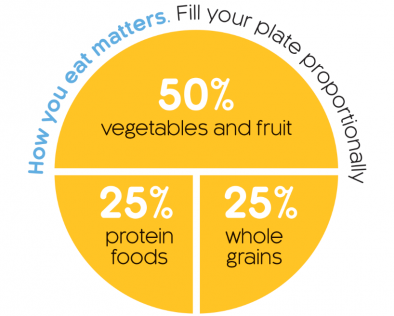
Unscrambling cholesterol
For many years, people believed that they had to limit dietary cholesterol found in foods of animal origin such as meat, poultry, shellfish, eggs, and milk products, to prevent a rise in blood cholesterol.
As science has evolved, so too has the thinking on cholesterol. Current lifestyle guidelines on prevention and management of heart disease and stroke do not recommend a limit on dietary cholesterol. Decades of research confirm dietary cholesterol has little effect on blood cholesterol in most people.
In fact, most of the cholesterol our body needs is made by our liver. When dietary cholesterol intake decreases, the liver produces more cholesterol. And when dietary cholesterol consumption increases, the body absorbs less.
Your diet and cholesterol
Saturated fats tend to raise blood cholesterol. If you eat mostly natural whole foods and limit highly processed foods, saturated fats should not be a concern. Do your best to limit foods such as cookies, doughnuts, potato chips, chocolate and processed meats as they are a major source of saturated fats, sugar, and salt.
You can enjoy foods that naturally contain some saturated fat like eggs, lean meats, poultry, fish, and dairy products. These foods are loaded with nutrients and are good choices in healthy amounts.

Eggs-actly what you need
Eggs are one of nature’s most nutritious foods, naturally packed with 14 important nutrients. They are an excellent source of high-quality protein and contain 6.5 grams per large egg. There are only 80 calories in a large egg, and two-thirds of the fat is unsaturated!

Taking your heart to heart
If you’re watching your blood cholesterol, healthy habits can help improve your blood cholesterol levels and maintain your heart health.
- Eat a nutritious, balanced diet. Try to cook meals from whole foods at home as often as possible. Cut back on highly processed foods and fast foods.
- Get active. Aim for 150 minutes of aerobic exercise each week. Find activities you like, start slowly and build up your fitness.
- Don’t smoke. Quitting smoking can lower your risk of having a heart attack or stroke.
- Aim for a healthy weight. Losing excess body fat can help modify your blood cholesterol levels.
Now you’re cooking!
It’s easy to fit eggs into a heart-healthy meal plan by including a balance of naturally nutritious foods.
- Fill omelettes with veggies like spinach, mushrooms and onions. Or make Individual Veggie Frittatas packed with zucchini and red pepper, or other vegetables of your choice.
- Add sliced hard boiled eggs to salads. Team up eggs with tuna and a host of veggies for a protein-packed Nicoise Salad that’s as tasty as it is colourful.
- Top open-faced sandwiches with vegetables and poached or fried eggs. Perch sunny-side up eggs on seasoned avocado and whole-wheat toast to make a simple and satisfying breakfast or lunch favourite, Eggs and Avocado Toast.
That’s just a start! We’ve got many more delicious recipes for you to try.

The bottom line
Cholesterol found in our food has very little effect on the cholesterol in our blood. Eating a healthy balance of natural whole foods, like protein-rich eggs, is one of the best ways to manage blood cholesterol levels and improve heart health.


